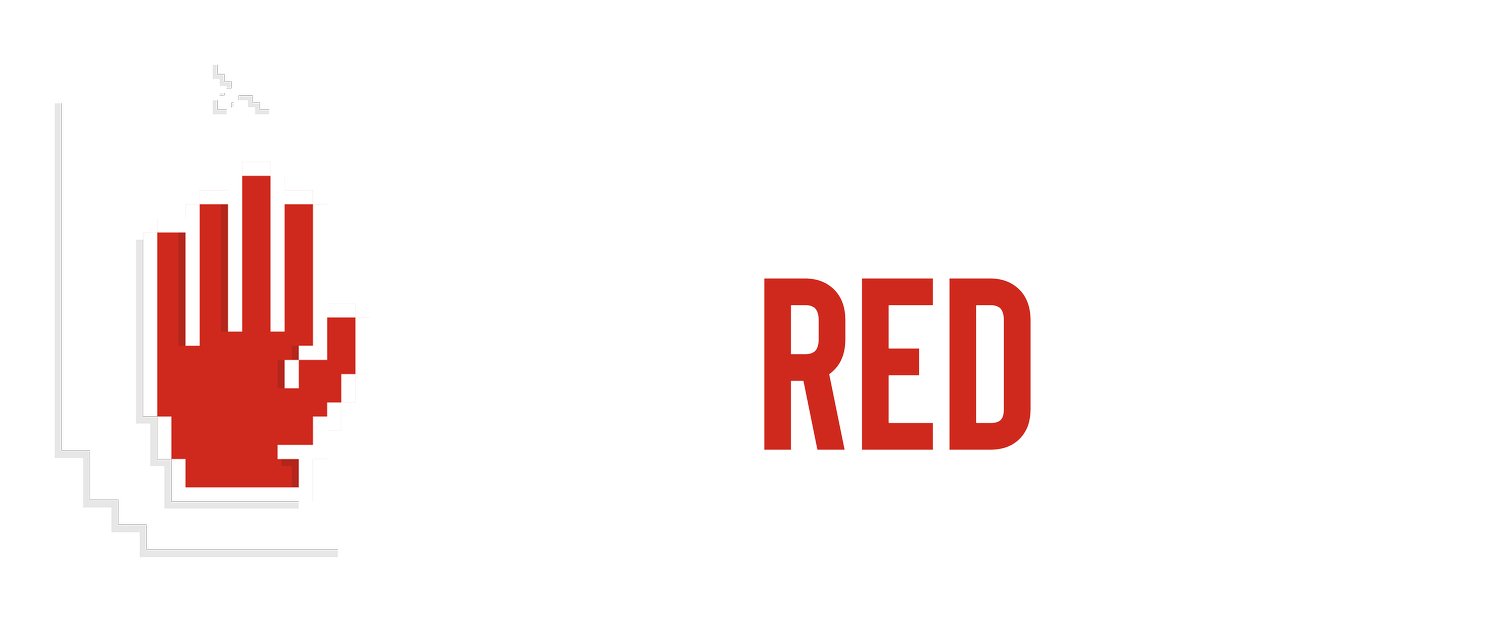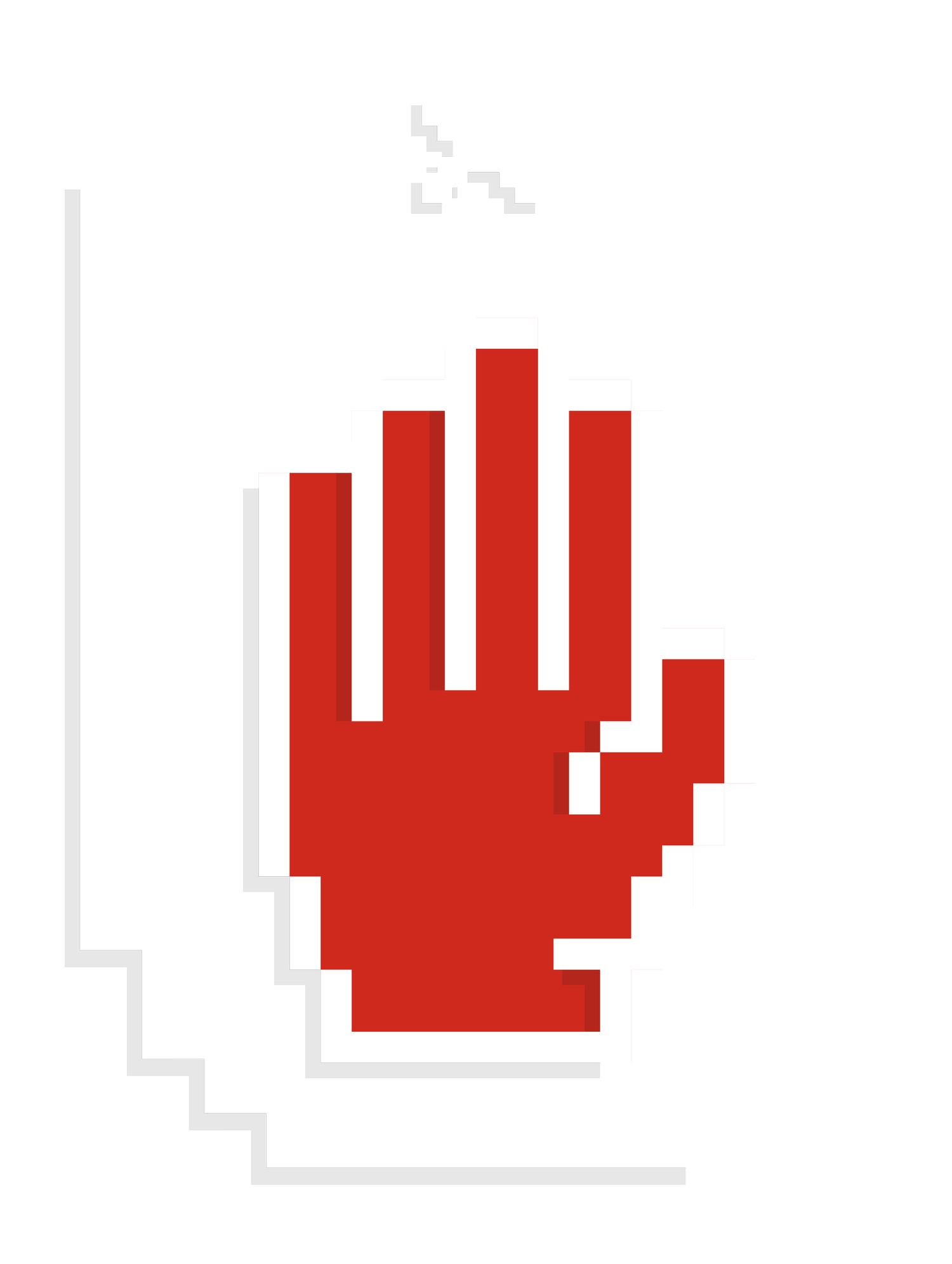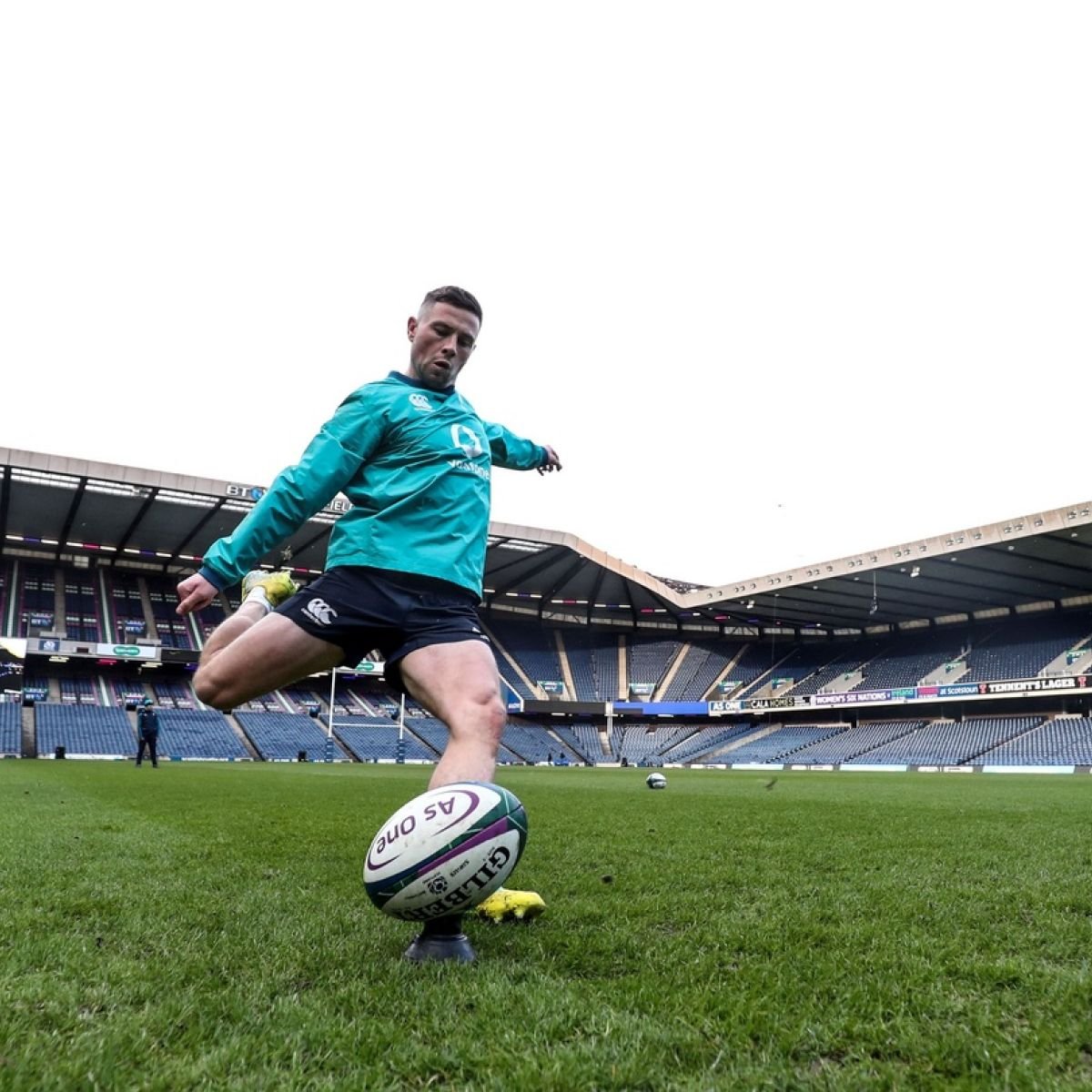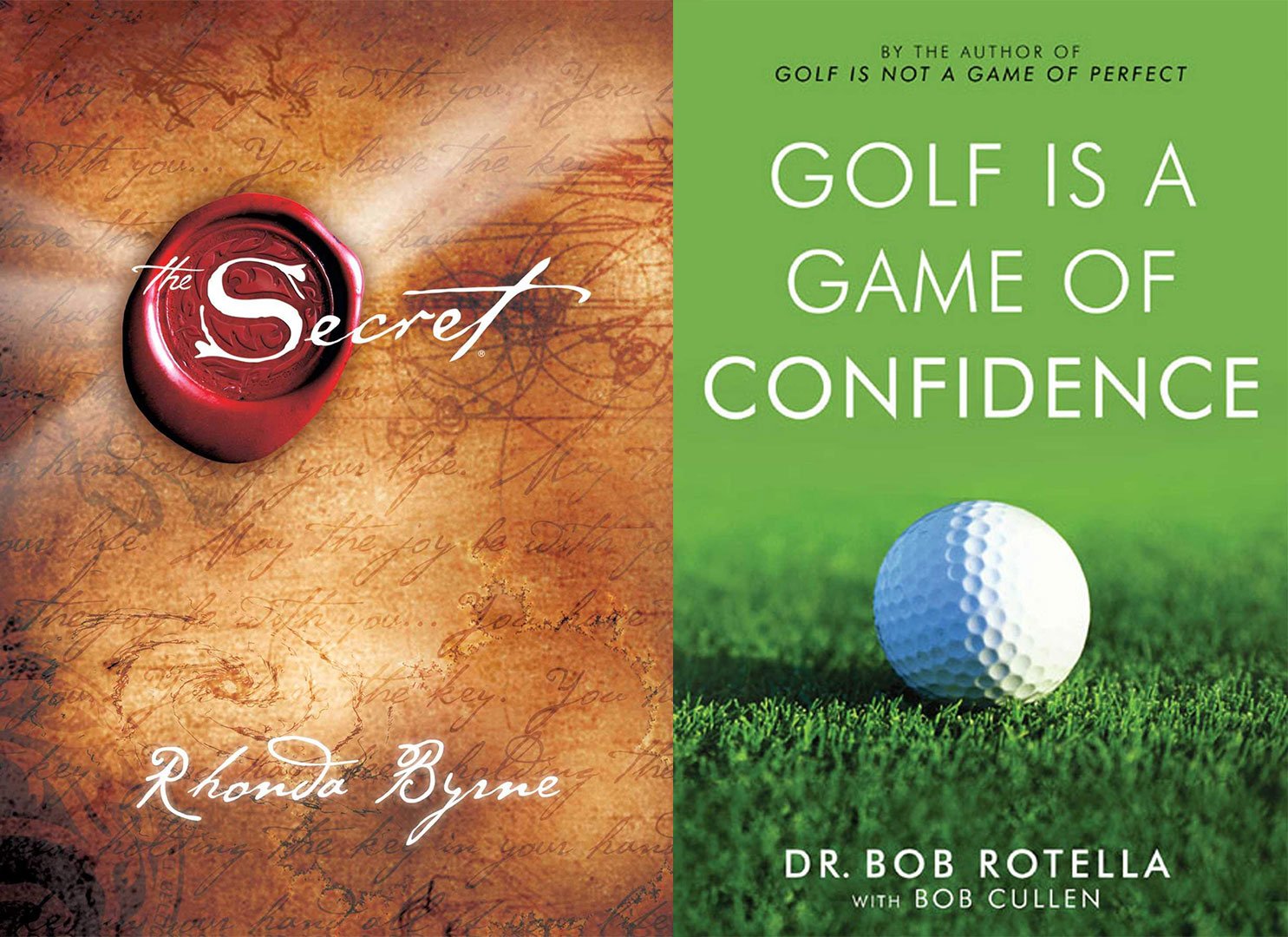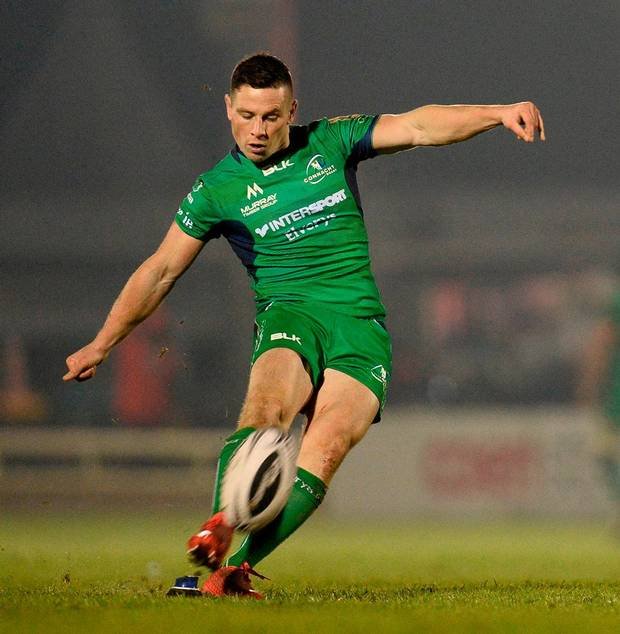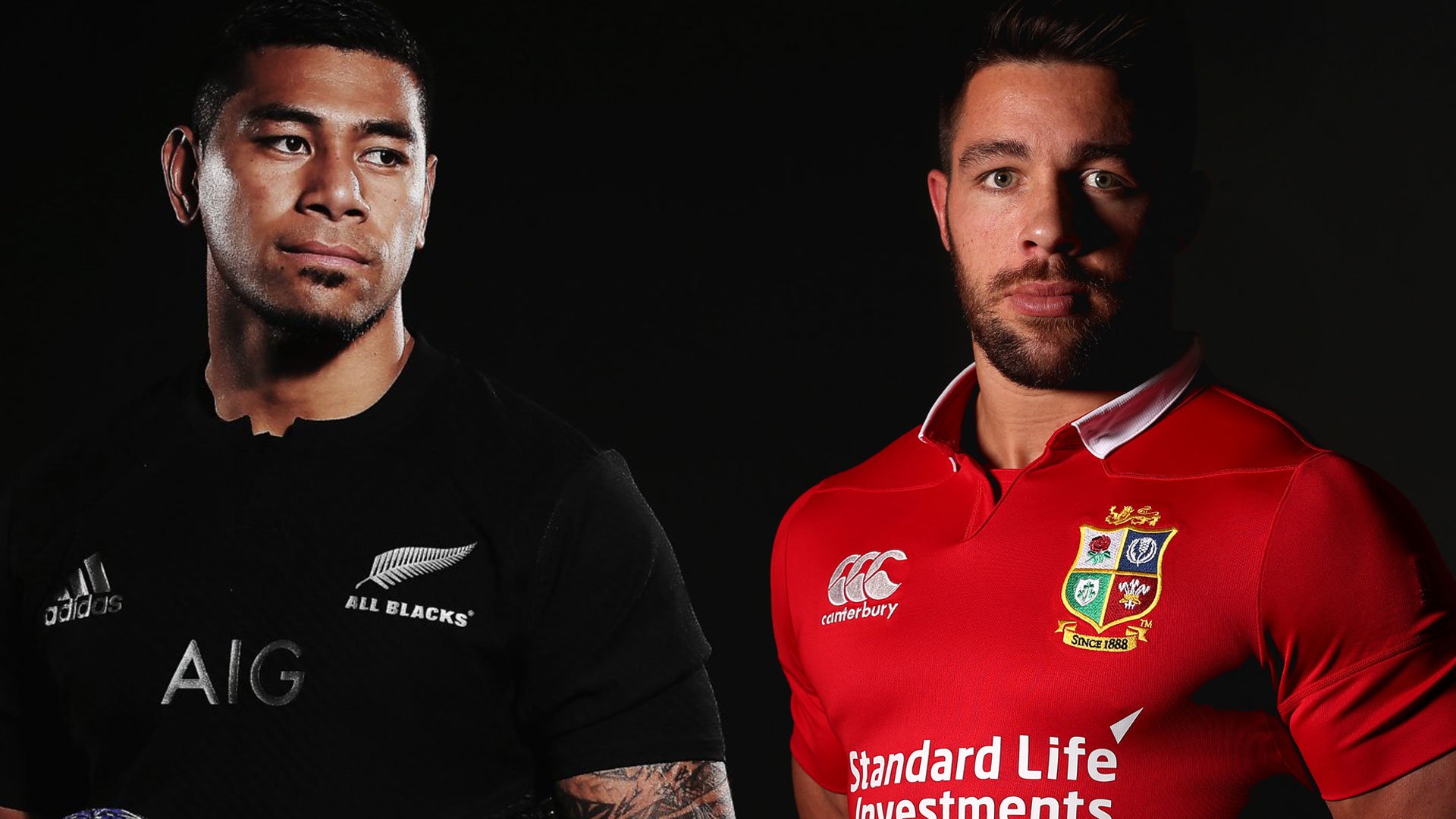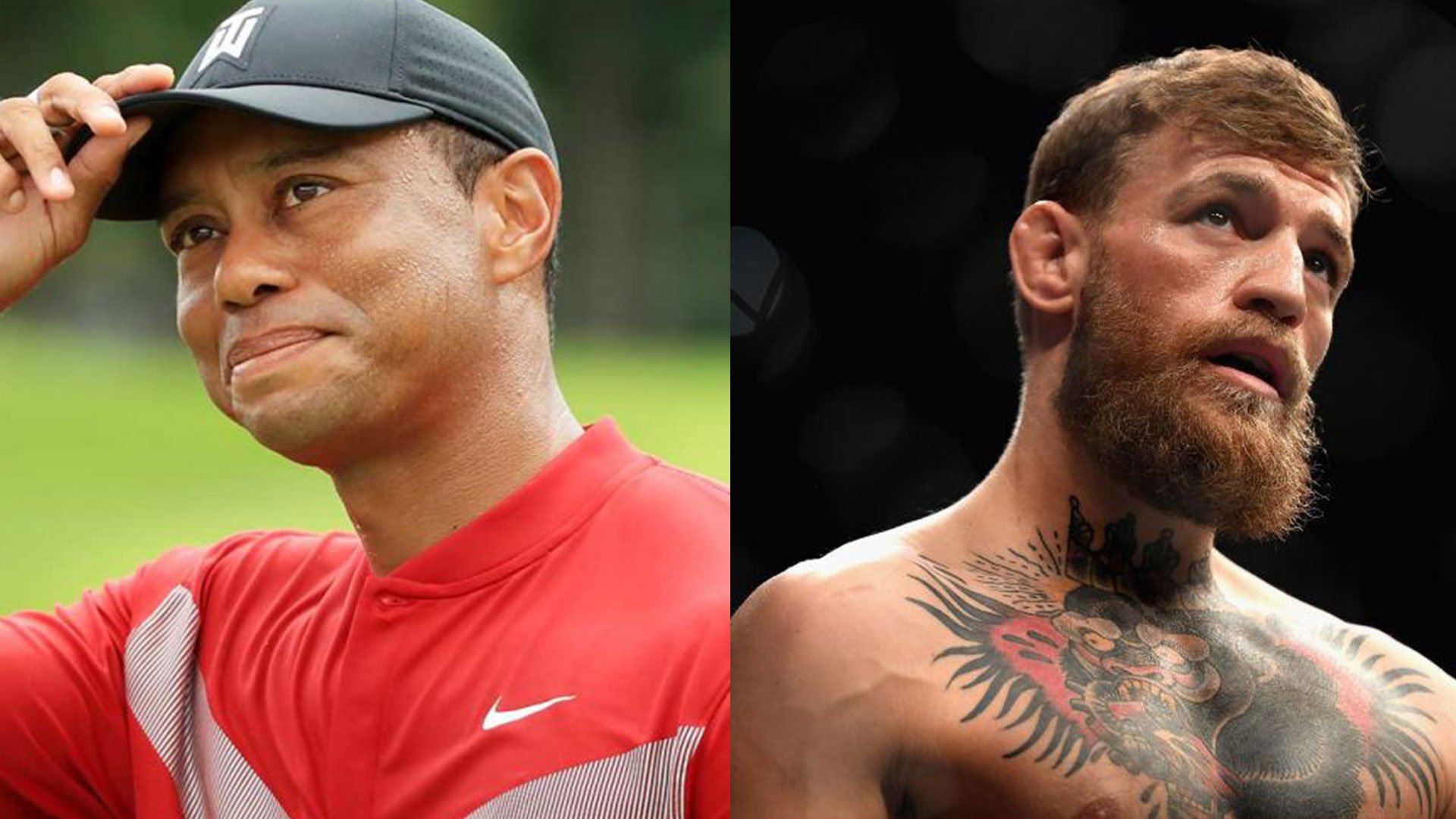Ulster Rugby Lad meets… John Cooney
John Cooney’s trip to Belfast to discuss joining Ulster serves as the perfect metaphor for his remarkable career.
The year is 2017. The IRFU have confirmed the enforced departure of Ruan Pienaar, one of Ulster’s most popular ever players. Apocalyptic wailing can be heard across the province.
Having heard the news of the potential opportunity on the radio, Cooney texts his agent to arrange a meeting with Les Kiss. This was the opportunity he had been waiting for.
“On my way up to meet Les I got a flat tire. I had a nut key to change the tire, but it broke so I was stranded near Castlebellingham. I was going to be late to the meeting, but I was absolutely determined to get there.
I called my best friend who came and picked me up and drove me to Belfast.
I don’t think Ulster were that keen on me at first. I’d been out injured for about 6 months and I was second choice at Connacht.
The meeting must have gone well because the next day they offered me a contract. They must have thought ‘if this guy has a friend who is willing to drop everything and drive him up to Belfast then he mustn’t be too bad of a lad’. So, it actually worked out quite well!”
Cooney has gone from strength to strength since arriving in Belfast, justifying the difficult decision to switch provinces. Following a fantastic first season, he won Ulster Player of the Year, the Ulster Rugby Supporters’ Club Player of the Year and the Rugby Writers’ Player of the Year. Despite being cruelly overlooked for the Ireland squad travelling to Japan, he remains one of Ulster’s most important players and a firm fan-favourite.
Cooney talks a lot about the books he has read which have influenced or inspired him. One book he cites is Matthew Syed’s book ‘Bounce’ which discusses the power of consistent practice from an early age. Cooney’s early days kicking a ball around in the cul-de-sac he lived on provides a useful insight into his path into top-level sport.
“I spent hours every day kicking a ball against a garage door. I was out there all day, every day. I think it really helped develop my ability to strike a ball. That was basically all I did – play soccer in the park or on my street. It was great to have that garage door because it meant I could practice by myself. I developed a natural strike of the ball.
Soccer was always my main sport. I didn’t start to play rugby until I was 12. I have an older brother – he had a big influence on me. He would always be telling me to work on my kicking and my passing. When I started playing rugby, I think I probably threw one good pass and the coach said ‘ok, you go to scrum-half’ and that’s how I ended up in my position.
I played every sport I could, and my family was really sporty. My sister played hockey for Ireland up to under 21 level. She can also pass a rugby ball off both hands and played for the lads soccer team growing up. We were all really active and out-doors a lot growing up.
My next-door neighbor was Kevin McLaughlin who played for Leinster and Ireland. He lived in literally the next terraced house from mine and we went to primary and secondary school together – Gonzaga.
It was only when I was about 18 or 19 that I thought I could go on to become a professional rugby player. I was on Ireland under 20s and had played at various age-group levels and, to be honest, had just gone with the tide until then. I enjoyed playing rugby and was competitive but played a load of other sports, mainly football. I hadn’t set my sights on playing professional rugby when I was a kid like a lot of other guys.’
Cooney’s dedication to self-improvement has played a large role in his remarkable transformation in recent years. Mental resilience and unwavering self-belief are traits Cooney has developed in the face of adversity.
“I read a book called The Secret. It is about the law of attraction. It really resonated with me and massively helped me that first season at Ulster. I think it helped me realise that everything was in my hands and, if I had the right attitude every day, I would see a big difference.
I also read ‘Golf is a Game of Confidence’ by Bob Rotella. My sister sent me it for my birthday when I was still in Galway. I’ve found myself in the exact scenario the book describes a couple of times (last season Cooney kicked a last-minute penalty to beat Scarlets and six days later he did exactly the same to beat Edinburgh). A last minute, pressure kick to win the game. The book describes a golfer making a putt on the final hole. I remember stepping up to take the kicks and smiling as I had read the book recently. I reminded myself I was not the first person to be in that scenario. Just breathe, relax and enjoy it. I was able to put it over on those occasions.”
Perseverance is perhaps the overarching theme of Cooney’s career and there has been no shortage of obstacles for him to overcome.
“I’ve had a lot of issues with injury. I’ve had three shoulder surgeries. The last shoulder surgery I had helped me really connect with my mind. It’s funny because, through injury, I’ve found a new part of my game which has really improved me as a player.
When I had the surgery on my shoulder after the third injury, I decided I needed to learn more about myself. I went to see a counsellor to help me with personal development. I learned a lot about myself, my personality. It made me more self-aware.
I felt better about myself and I channeled this into my rugby. My morning routine improved and everything that I was learning was helping me get better. I would be going in at 7am when I was injured and watching videos that would help trigger me to stay motivated, remain appreciative and get after it every morning. When I got back from injury I was really fit and felt great going into games.”
Dubbed the ‘Human Slot-Machine’ for his reliability as a goal-kicker, Cooney’s nerveless performances in front of the posts are the product of a major shift in his mind-set.
“I didn’t even goal kick until about 2-3 years ago. I was a soccer player when I was younger so I knew I could kick.
It started when there were a few guys out injured at Connacht and we didn’t have a goal-kicker. I would be the type of lad I would put the ball down on the corner and kick it over and go, ‘Ha, I can do that.’ But I’d never done it. So, when the chance came to put my money where my mouth was, I said “eff it. I’ll kick. Everyone thinks I’m going to miss so why not get them?’ That was my attitude which helped to take the pressure off.
When I was younger, I didn’t kick because I knew I would get too annoyed at myself if I missed. I didn’t kick at school or at Leinster. Then, when I started kicking at Connacht, I got my first seventeen kicks in a row. After that, they told me I should just keep doing it.
I knew I could strike a ball but then, when I had got loads in a row, I thought ‘sh*t, everyone thinks I’m going to get them!’. I had to change my mind-set and start to enjoy it again. I came from the position where I wasn’t a goal-kicker, so I just went back to that attitude of ‘this is just a hobby lads’. I could see other people kicking and getting frustrated, so I had to think differently – just relax, enjoy it and think about getting it over.
If you become aware of the crowd there is a lot more pressure. If you’re fully tuned into the game, you don’t notice the crowd and that’s when you’re at your absolute best.”
Cooney’s career has not been straightforward. Overlooked and under-valued at other provinces (and, most recently, by Ireland), there have been times when it seemed his professional aspirations may not have come to fruition.
“When I went from Leinster to Connacht and was struggling with injury most players may have ended their careers that way. I just decided I wasn’t going to be that person. I knew I was good enough to play for Ireland.
One of the things I learned from the counsellor was to train and play ‘as if’. That mean to train ‘as if’ I was an international when I was at Connacht out injured. Or if I threw a bad pass and thought I wasn’t good enough for Ireland I would be pissed off and raise my level, so I was training as if I was an international. She had me walking around as if I was an international long before I was and that really helped me in terms of the standards I set for myself.
I have always worked hard and been really competitive. When I was 20 or 21, I wanted to be as physical as the centres, as fast as the wingers and as skillful as the back three. I didn’t want to be worse than them in any area of my game so that worked well, and I think I’ve improved those areas of my game across the spectrum.
The competitive side came out when I could see players who were playing that I thought I could be better than. I never had it in me to let them get ahead of me. When I was out of favour, I wanted to catch those in front of me.
When I was injured or wasn’t getting picked, I have always made an effort to stay positive and remind myself that I am getting paid to stay in shape and do something I really enjoy.
It never really crossed my mind to quit except for one time I thought about giving up and going to play soccer. That was before I went to Connacht. I was subbing for Leinster As and the coach wasn’t a fan of me. I remember playing a 90-minute game of soccer during the week and thinking I might go back and play soccer. Thankfully, that didn’t happen. I persevered and I’m glad I did.
In terms of injuries, I had three shoulder surgeries. The first two didn’t bother me that much. I just got on with it.
The third one took a long time to get back from. The specialist said it was one of the worst shoulder injuries he had seen. It was completely ripped off like a motorcycle accident. It took a long time to get sorted and even now my range of movement isn’t great on that shoulder.
I spent months trying to rehab it without making progress. That was one of the lowest points and I really struggled through that time. Thankfully, over time, I got the range of movement and strength back to where I needed to it play again.
There have been several obstacles, but people can get it in the habit of moaning and complaining about things you can’t control – external circumstances. Sometimes, you have to change what you do. Important change comes from the inside. I’m happy for all of that frustration, because it gives me that desire in the morning to go in and work hard every day.’
John Cooney has been taken into the hearts of Ulster fans at the Kingspan Stadium and he reciprocates that affection for his adopted province. With an influx of young prospects getting their chance with the senior squad and several high-quality signings in the summer, Cooney is optimistic about the future of Ulster Rugby and has no intention of going anywhere (not that Ulster fans would let him leave anyway!).
‘I feel very much at home here. I have bought a house, my girlfriend is up here and she loves it.
I loved my time at Connacht, but it was the right decision for me to leave and I haven’t looked back since. Now I’m loving Ulster, everything about it.
There are a load of young players coming through and some great new signings. I think out of all the provinces we’ve made the best recruitments this summer.
I feel like I’m one of the old guys now. If it wasn’t for the shoulder surgeries, I’d feel like I was 18. My legs can go all day which is what matters!
Dan is giving us that competitive edge. We have that ‘fight for every inch’ mantra.
In terms of what we can achieve, I think we have a group of guys who are extremely hard-working and that inspires the other guys around you.
I was lucky enough to win the PRO12 with Connacht. Everyone doubted Connacht but that collective team spirit and ‘never give up’ attitude all came together for Connacht that season.
Personally, I like being the underdog. Last season, we made massive strides with Ulster – the work we put in paid off and we made a lot of progress.
It’s the small behaviours in training and on the pitch that can make the difference. There’s a renewed fighting spirit in the squad and that shift in mentality will make all the difference.
Back in the day, there way maybe a perception that Ulster could be a bit soft at times but that new edge we have will make us a lot more competitive. We need to have a chip on our shoulder and add more bite to our game.
That’s the type of team I love to be part of – fighting for every inch. Those day to day behaviours – in training and in preparation – translate onto the pitch.
Thanks John!
Bonus Questions
Favourite movie or TV show.
Entourage. They live the good life!
Best player you’ve played with or against?
Against would be Rhys Webb. With would probably be Charles Piatau.
When you think of the word ‘successful’ who do you think of?
Tiger woods and Connor McGregor.
Any hobbies or passions outside rugby?
Reading and listening to podcasts for personal development. Also, I bought a keyboard and intend to teach myself.
